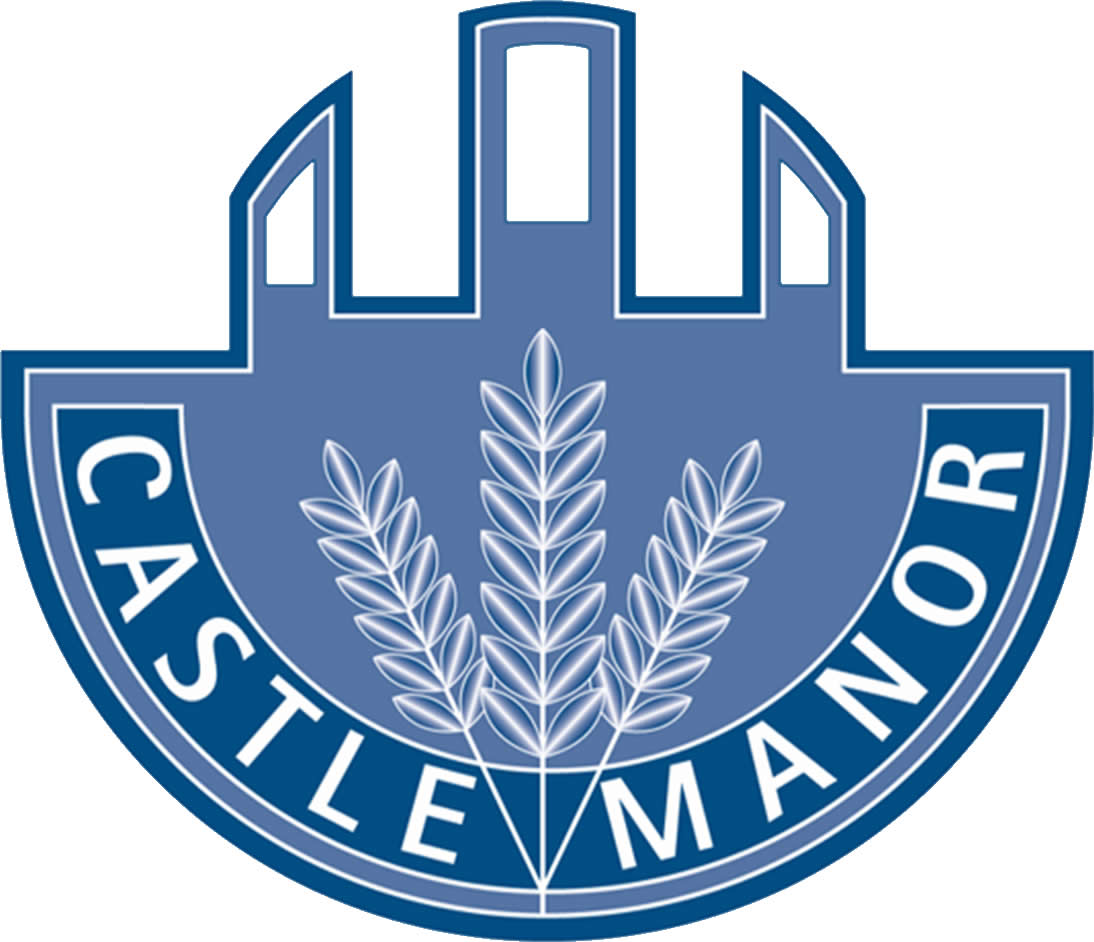The primary intent of our Key Stage 3 IT curriculum is to cultivate essential digital skills, computational thinking, and technological creativity. Through interactive and dynamic lessons, students acquire proficiency in utilising digital tools and platforms effectively. They are encouraged to explore coding languages and computational concepts, enhancing their problem-solving abilities and logical reasoning skills.
Moreover, students engage in creative projects to develop proficiency in digital design and multimedia creation, fostering their ability to express themselves creatively in the digital realm. By prioritising these principles, our curriculum aims to empower students to navigate the complexities of the digital world confidently, tackle challenges with resilience, and unleash their creativity in innovative ways.
PROUD Values
Professionalism is evident in our IT and computing classes, we teach students to critically analyse their work and demonstrate responsible use of digital resources.
Resilience shines through as students tackle complex programming challenges, we teach our students to be persistent through errors and setbacks to refine their coding skills.
Optimism is evident in all our IT classes, where we teach students to approach new technologies with a positive mindset and eagerly embrace opportunities to develop knowledge, skills and creativity.
Understanding is fostered across all levels, we teacher out students to comprehend intricate coding concepts and navigate digital platforms and a wide range of software.
The drive to excel propels students forward in IT classes, inspiring them to pursue excellence in projects, presentations, and problem-solving, preparing them for success in the digital landscape.
At Key Stage 3, students demonstrate their creativity by utilising IT and software to craft a diverse array of digital products, spanning from Digital Images to Sound Sequences and Websites. Furthermore, students employ Office Based Software to articulate their work and ideas professionally, equipping them for future academic pursuits and professional endeavours.
Additionally, students grasp programming concepts, developing code sequences to construct programs, and exhibit resilience in troubleshooting coding challenges. They also gain insight into data transmission within computer networks, enhancing their comprehension of global digital connectivity.
Teaching staff and facilities
The subject of IT is taught in our well-equipped computer suite. Complete with air conditioning for added comfort, students engage in hands-on activities and practical lessons using cutting-edge technology.
In year 9, students will explore the world of digital creativity and its societal impacts. Students will embark on a digital imaging project tailored to meet client needs. They will utilise a variety of techniques, demonstrating proficiency in compression methods and file type selection. Students will delve into the ecological, legal, and ethical dimensions of IT usage in society and gain insights into the legal frameworks surrounding data usage, while exploring the ecological implications of IT.
Students further hone their web development skills, incorporating interactive multimedia elements. In addition, students will design and create captivating digital sound sequences using diverse audio sources and dive into the world of coding with Python, crafting text-based adventures and exploring variables, selection, and iteration.
Year 9 Curriculum Map
| Digital Imaging: Students will complete a digital imaging project that meets the needs of a client. Students will use a wide range of techniques and demonstrate a good understanding of compression techniques and why different file types are used. Digital Imaging skills & knowledge in Y9 links to coursework at Key Stage 4. Office Skills: PowerPoint Multimedia: Adobe Fireworks | * Understand laws relating to computing and IT * Explore how computers affect society * Create digital multimedia elements * Experiment with designs and apply design rules * Develop understanding of Computer Networks and data transfer |
| Web Development and the Impact of computers on society – ecological, legal, ethical: Students will learn how the use of IT impacts on society as well as the ecology of the planet. An understanding of the legal framework which users must use when copying and using information as well as the ways in which IT is both helping and hindering the planet will allow students to make informed decisions. Students will continue to develop their web development skills and include some to make interactive multimedia sites such as graphics. video & sound. Web Development and knowledge in Year 9 links to coursework at Key Stage 4. Office Skills: Word Multimedia: Adobe Dreamweaver | |
| Digital Sound Sequence & Coding in Python: Students will Design & create a Digital Sound Sequence using a range of audio sources. Students work to create a text based adventure – using variables, selection and iteration. Students explore how casting can be used to modify data to produce a more reliable program that is less likely to fail following a user input. Office Skills: Microsoft PowerPoint & Publisher Multimedia: Audacity Coding: IDLE:Python |
